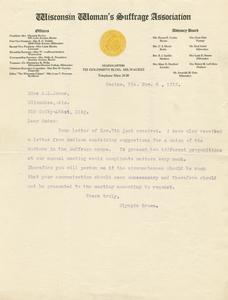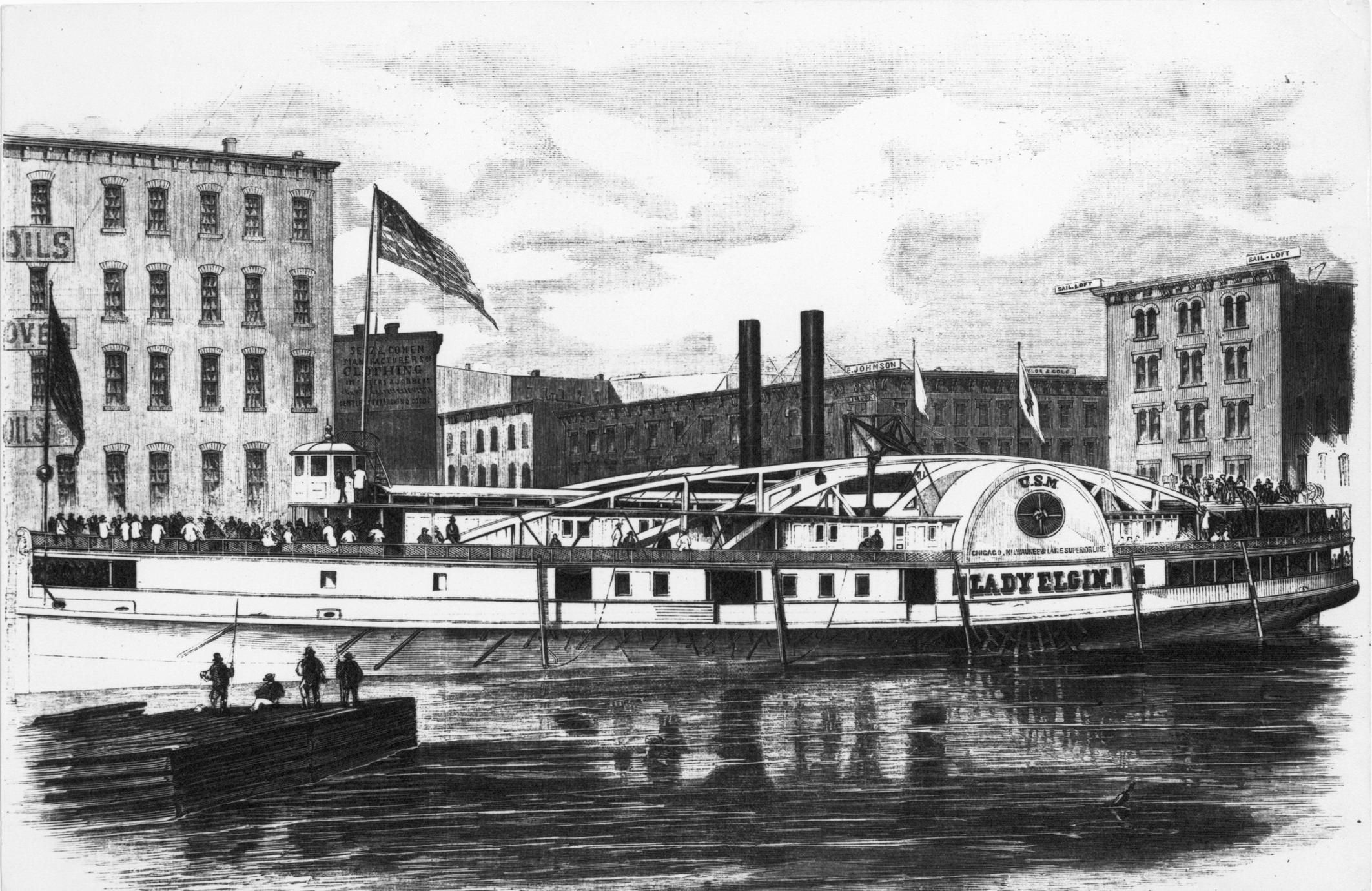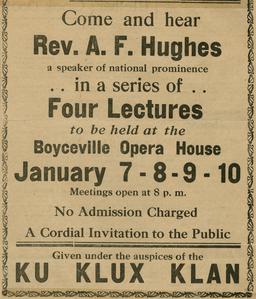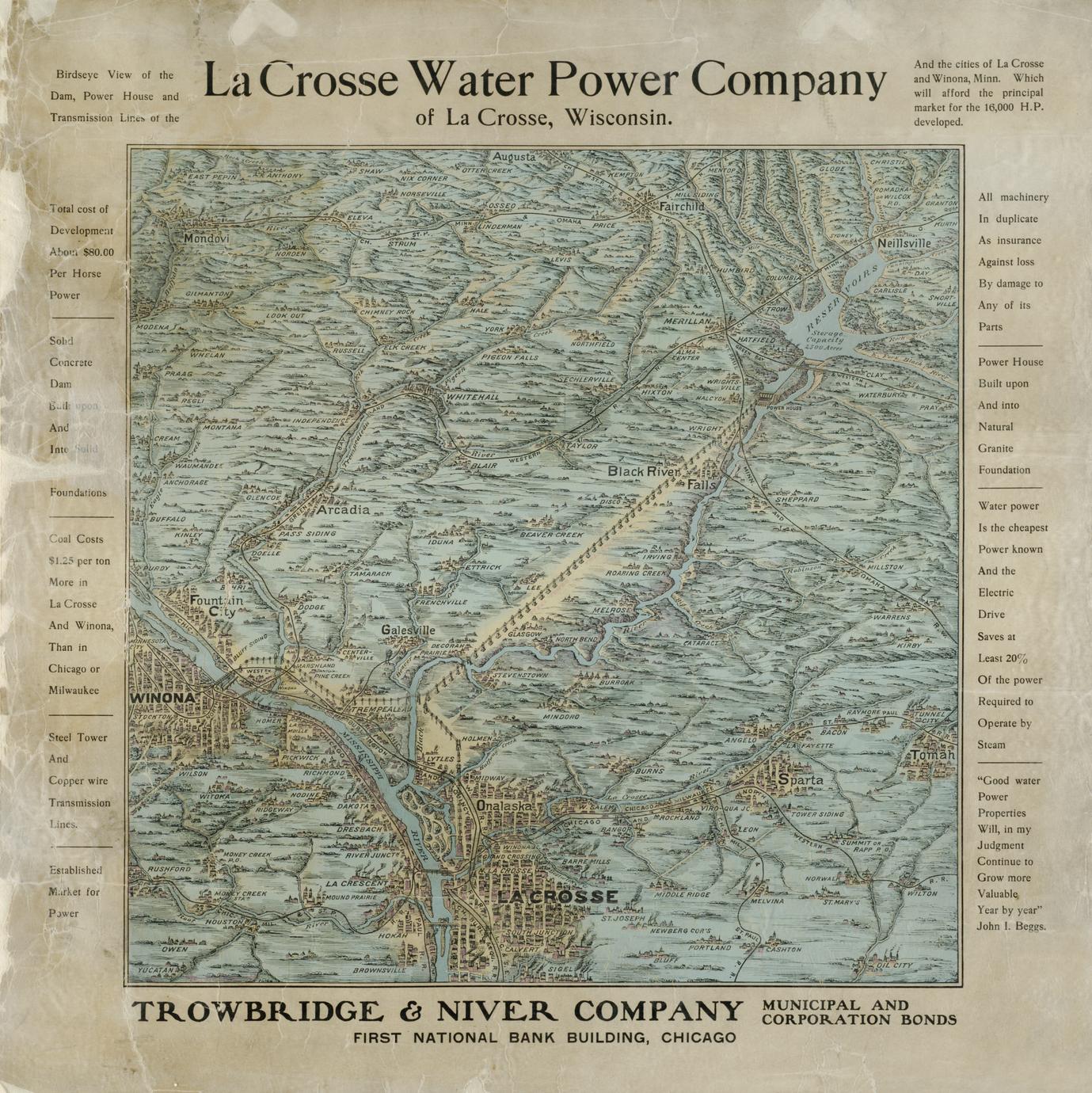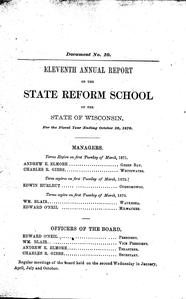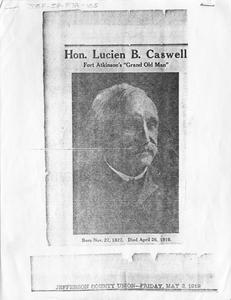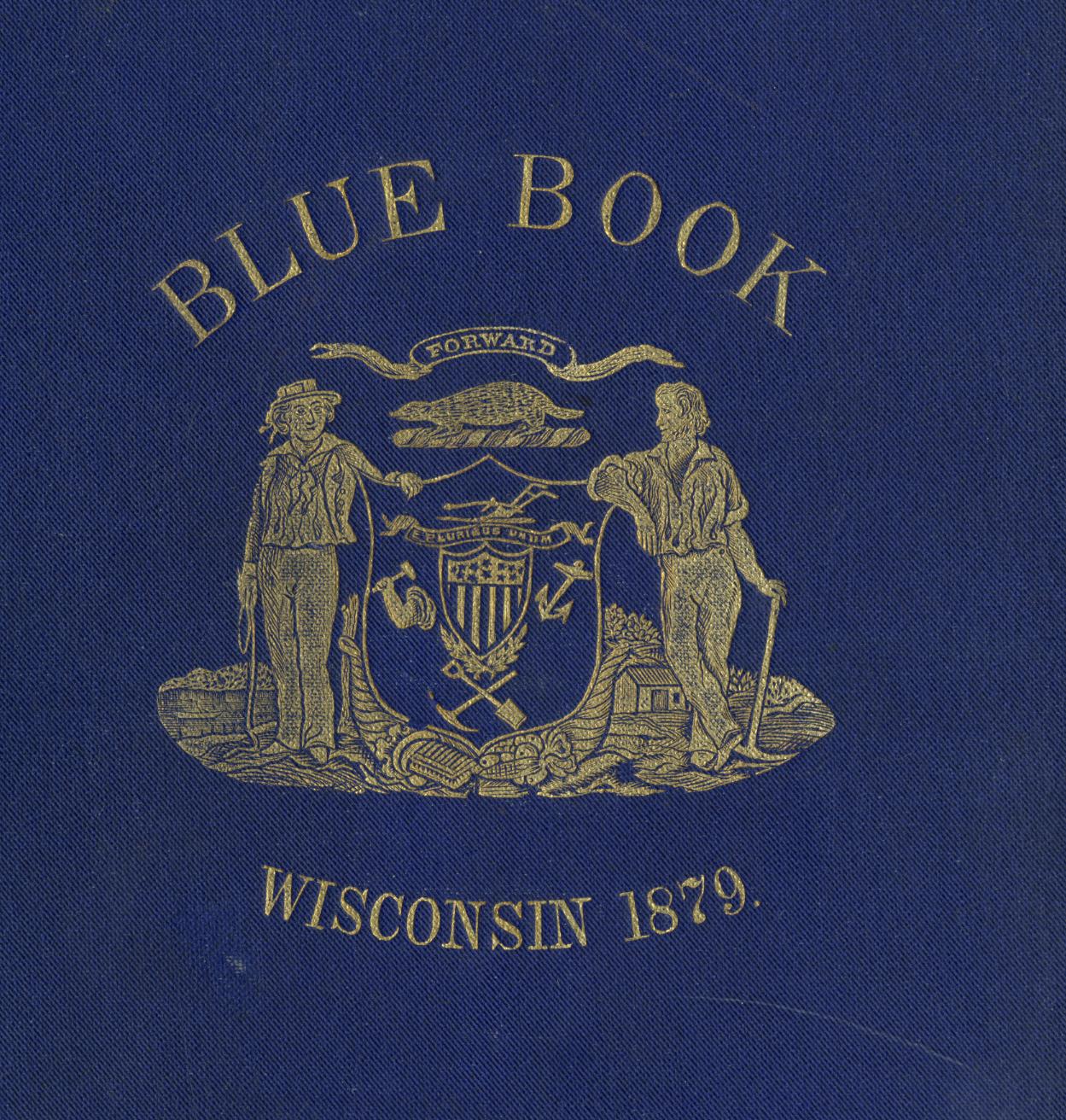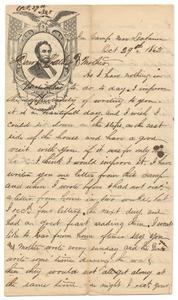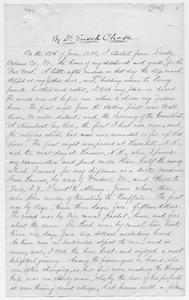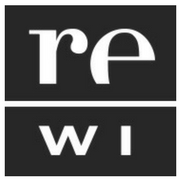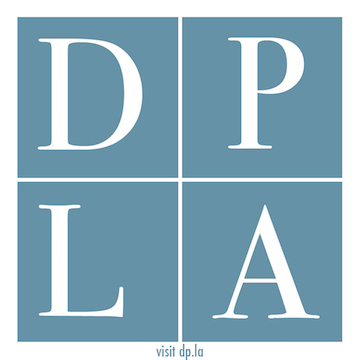Ada James (1876-1952) was a leading social reformer, humanitarian, and pacifist from Richland Center, Wisconsin and daughter of state senator David G. James. The Ada James Papers document the grass roots organizing and politics that were required to promote and guarantee the passage of women’s suffrage in Wisconsin and beyond.
Ada James Papers and Correspondence 1915-1918
